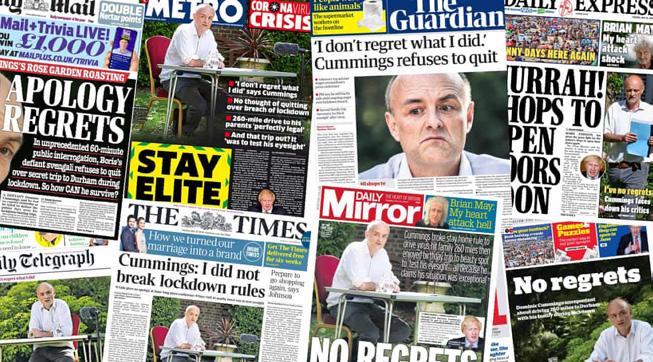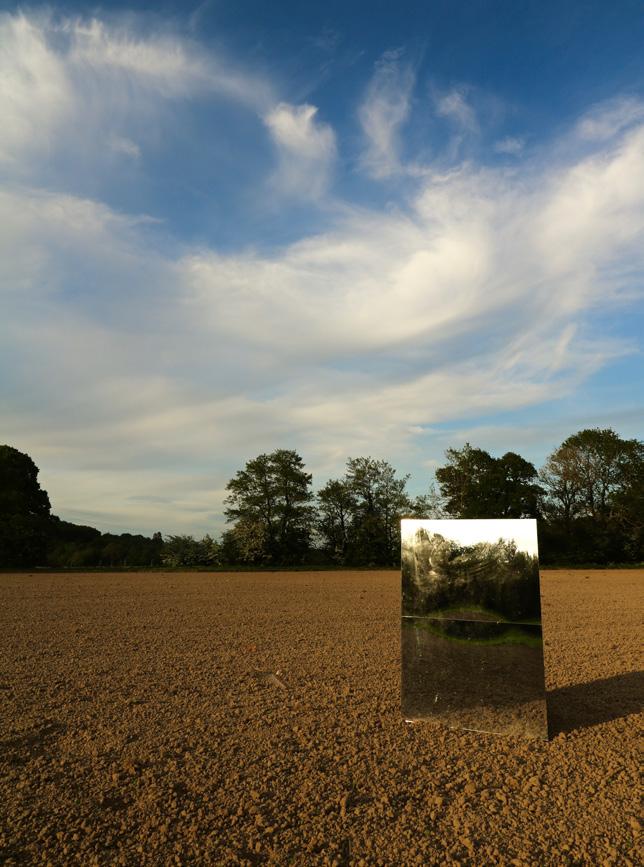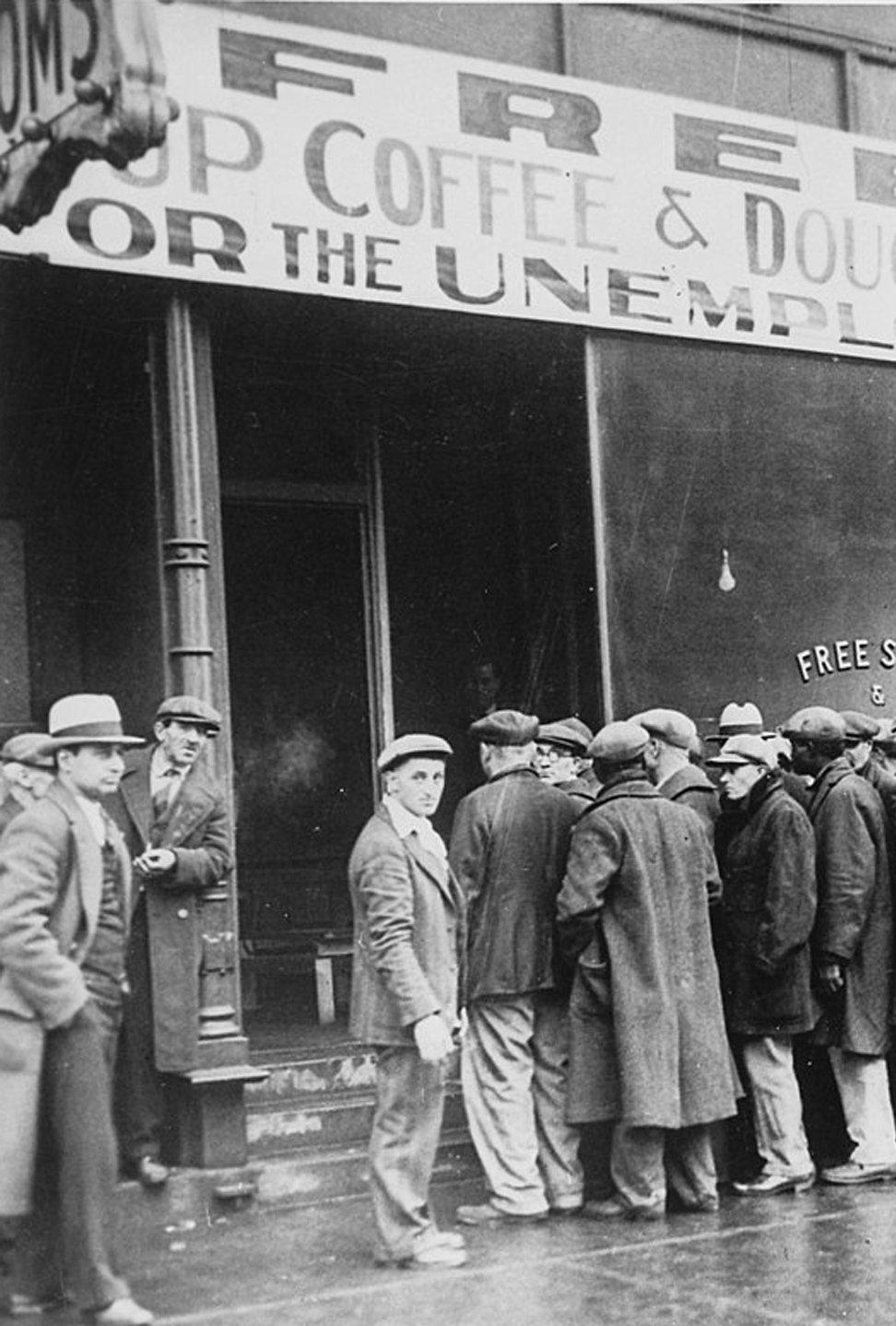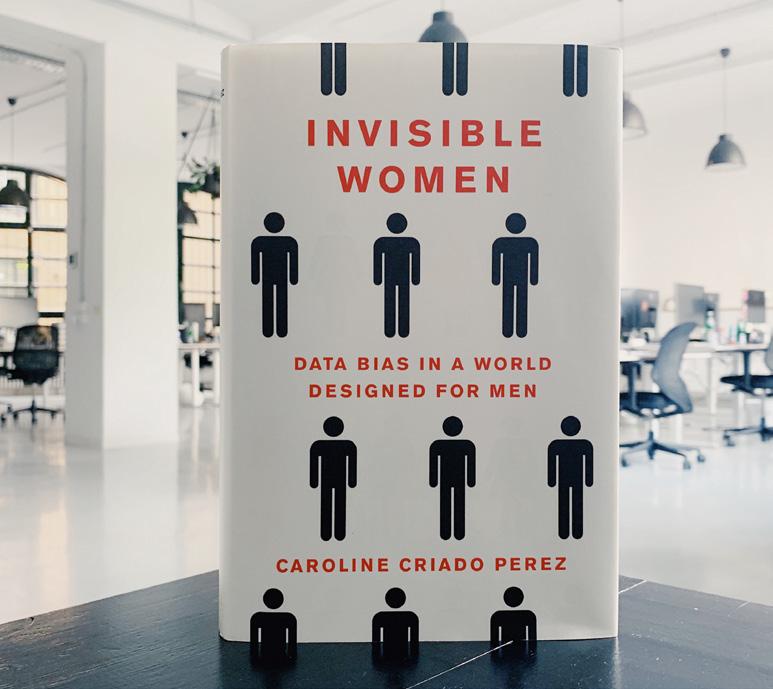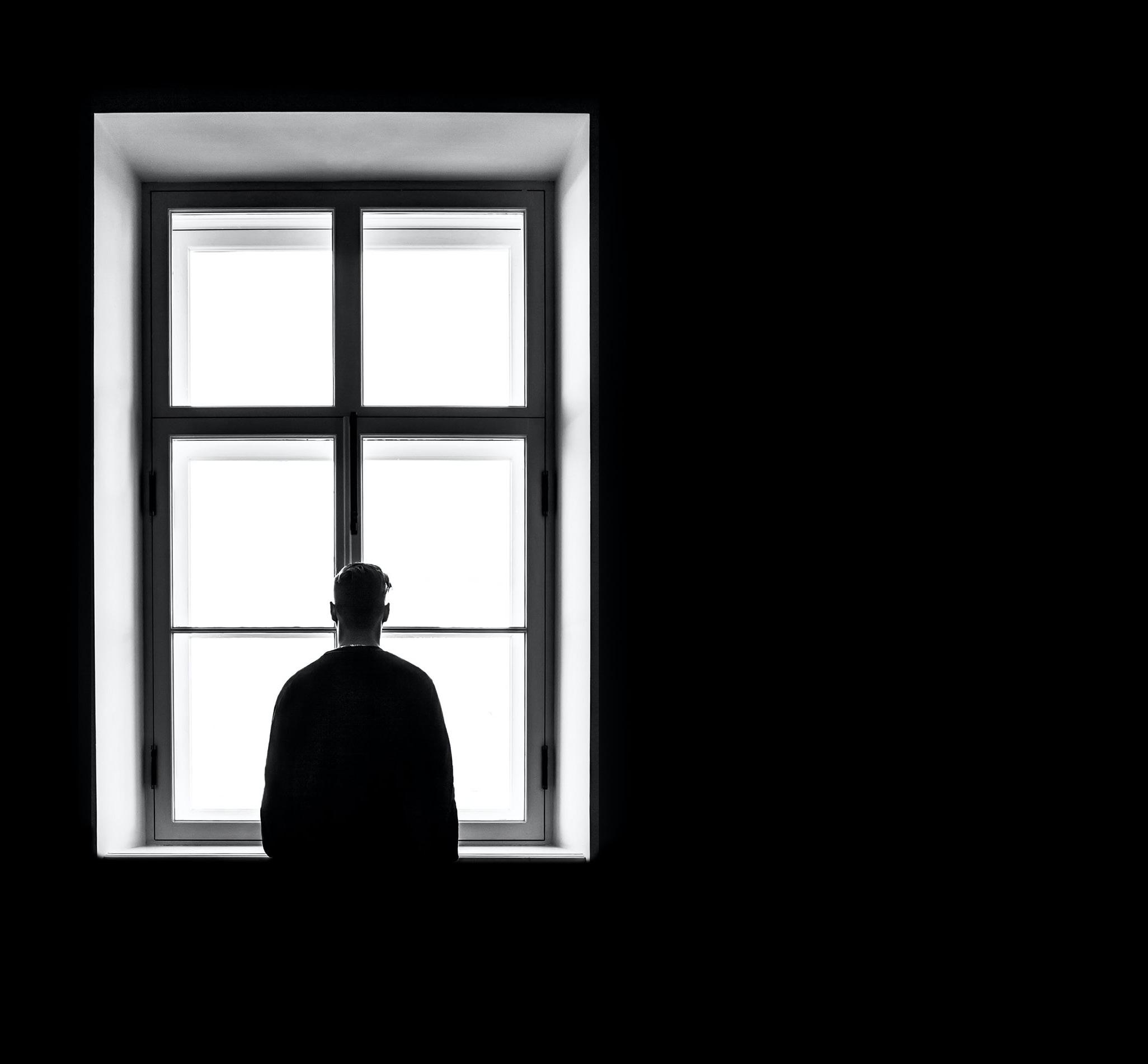
7 minute read
The Mirror of Narcissus? AI and Human Identity Lottie Allen
Robot (by Franck V)
The Mirror of Narcissus? AI AND HUMAN IDENTITY
Lottie Allen YEAR 13
The Information Age or Digital Age, involving a new complexity in the relationship between media and technology, began in the 1970s and still continues today, as more than 4.5 billion people currently use the internet. Do the benefits of technology outweigh the disadvantages? What impact do technology and media have on society? Should technological advances be limited?
Undoubtedly, there are many benefits to this relationship between technology and media; from improvements in education to business, medicine and entertainment, technology has transformed our society. Whilst most of us have prospered from this increased efficiency and connectivity, we must be aware that unhindered access could have negative as well as positive impact on the individual and on society. As Albert Einstein warned, ‘I fear the day that technology will surpass our human interaction’. To what extent, has technology already become a negative force within society and if so, how can we amend our experience towards positivity?
Postmodernism, as Dominic Strinati argues involves a breakdown in the distinction between culture and society, which has resulted in technology governing and shaping our social relationships; our perception of the social environment is informed by mediated cultural representations, examples of which may include celebrity culture and the trends which they begin within society. Furthermore, he argues that technology has contributed to our vision of style over substance; in other words, we consume images rather than seeking meaning (whether through relationships or philosophical texts). In addition, he argues that there has grown a distinction between high art and popular culture. Similarly, Canadian political philosopher Charles Taylor considers populist modern art to be inferior to high art which considers both manner and matter; Taylor argues that art should be meaningful to inspire reflection and wonder. Strinati explains that we now experience confusion across time and space; we are less attached to and in touch with the natural world. Finally, there has been a decline of grand theories, resulting in the undermining of the hierarchical order of society and fragmenting of our human experience. Therefore, according to Strinati and Taylor, we can consider technology as a negative force in our lives, contributing to the narrowing of our lives, a loss of resonance and of meaningful interactions.
Philosopher Jean Baudrillard questions the very nature of media; is it possible that the media is nothing more than a smoke screen, a clever means by which reality is subverted? Is it possible that the media is nothing? Baudrillard argues that we have entered a hyperreality - postmodern societies have
become so saturated by media and information technologies we should embrace our stumbles, errors and genuine real-life that they have entered an age of simulation, or an age of thirdselves to reveal ourselves to one another and form more genuine order simulation. This theory articulates that the simulation social relations. Thus, like Baudrillard, Taylor and Strinati, no longer represents reality - it is so far detached from reality Turkle seems to suggest technology as a negative force in our that there is no connection between that and the representation; lives because it acts as an illusory companion that ultimately instead, we live in a hyperreality. For example, Disneyland is pure leads to our social and cultural demise. fantasy which simultaneously functions to make us believe in its Others argue that such dystopian attitudes are nonsense. reality. Baudrillard explains that America is no longer real as a Dennis Dutton criticises Baudrillard’s theory as ‘bombastic result; it is now its own media images and cultural myths rather assertion[s]’ which are either ‘trite, vaguely or badly false’. than being a real, genuine, material and geographical location. Another critic suggests that Baudrillard’s description of finding Controversially, he argued that the Gulf War and the 9/11 himself ‘disempowered by images which confound the real’ is selfattacks are non-events; in other words, they did not happen in contradictory because, if nothing is truth, how can Baudrillard’s the way we accept their reality. The screened images and mediaown argument be anything but hyperreality? Nakwon Jung saturated spectacle cannot depict a prolonged sense of combat writes that seeking information is a positive and significant and conflict; instead, we experience only a virtual war or a nonpredictor of social capital and participatory behaviours - the more event. In terms of the 9/11 attacks, Baudrillard explains that the active your social networking, the more active your social life. In media becomes part of the event, part of the terror. He argues addition, Hampton argues that technology kindles diversity in that the collapse of the World Trade Centre was more significant reality; for example, there are significant benefits to keeping in symbolically than its physical collapse; the terrorism of spectacle touch with people with whom you could not without technology. rather than the spectacle of terrorism. The real event was not Net Lab asserts that social media connectivity enables you to find for those experiencing screened images because their fascination fellows, peers and like-minded individuals; far from damaging was with the images not the event (similarly, Boorstin argues we relationships, social networking is able to bring people together have entered a Graphic Revolution). However, Baudrillard has and make relationships stronger. Similarly, Zeynep Tufekci faced criticism for neglecting to acknowledge that the events had explains that people are not talking to bots online but rather that very real consequences for the individuals who were there and they are accessing a social network brimming with humanity and for history. In Baudrillard’s argument, technology energy; it is also an opportunity for individuals becomes a negative force because the media is no who lack offline social skills to connect with other longer depicting reality; it cannot be used as a tool SOCIAL people. Within the past two months, during the to enhance our human experience, but instead DEVICES AND Covid-19 pandemic and consequent lockdown, further distances us from the world. NETWORKING the social benefits of technology have been
Furthermore, the psychologist Sherry Turkle, PLATFORMS clear, facilitating social interactions, from school posits that online life is defining and negatively CHANGE NOT JUST classrooms to online parties. Therefore, it is clear impacting human connection and personal life. WHAT WE DO BUT that technology can be a positive force, providing Social devices such as mobile phones and social WHO WE ARE. enhanced human connectivity and enabling people networking platforms change not just what we do, to bring comfort to each other. but fundamentally change who we are. For example, activities In all, technology can be demonstrated as both a negative which were once taboo have become more socially accepted, like and positive force in our lives. It cannot be denied that, during texting in a restaurant or when visiting family. Turkle explains lockdown, technology has helped us to maintain human that we have become unable to relate to one another; when we’re connectivity; most visibly, people organised a nationwide together, we are - in effect - alone. However, the problem with recognition for the NHS via social networks to collectively praise technology is that superficial relations generate dissatisfaction in them on a given day which many people found to be a moving our real world. Since we are able to customize and control our and emotional display of unity and community. Furthermore, online lives, we become lost in the real world, for example unable there are the benefits of an incredible research tool for pursuing to develop meaningful face-to-face relationships. This can be seen knowledge and a platform for exercising our right to free through texting, which allows for editing, deleting and retouching speech and expression. On the other hand, it is also important which become preferable to the messiness of real-time interaction. to recognise that, like any tool, this technology can be misused, Therefore, conversation becomes sacrificed with ‘I’d rather text that it can undermine human relationships, alienate individuals than talk’. The danger of this is that we may end up replacing from one another, remove resonance and texture from our lives. friends with Siri and lovers with sexbots; machines and online life Instead of totally rejecting or embracing technology, we should are slowly replacing our parents, relatives and partners. While a instead recognise its importance but also the need to use it with simulation of human empathy may be beneficial in the short-term moderation and balance. Technology becomes a negative force in to provide comfort to vulnerable people, it is simply an illusion of our lives when our online life becomes a greater focus than our companionship which leaves us lonely and incapable of forming offline, authentic one. lasting intimacy and friendship. This is a symptom rather than a cure and generates a sense of alienation. Instead, Turkle argues,

